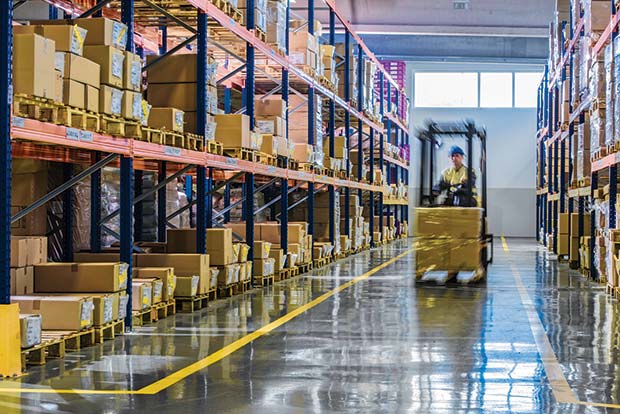When the British people voted ‘Leave’ in June of last year, shockwaves echoed around the world. The pound sank to a 31 year low overnight, the FTSE 100 fell 468 points, and economists immediately predicted the UK would plunge into a major recession. Fortunately, the doom merchants were wrong. The UK economy has since recovered and business is booming, but with Theresa May likely to invoke Article 50 in March, how will Brexit affect logistics and supply chains for business?
 Withdrawal from the Single Market
Withdrawal from the Single Market
In the short-term, the uncertainty surrounding Brexit has caused havoc, but in the long-term, businesses still need to keep trading. Immigration has been one of the key issues throughout the referendum, so it came as no surprise that Theresa May’s speech on 17 January revealed her intention of withdrawing from the single market to better control UK borders.
She declared it was not her intention to undermine the single market, but in her words: “I am equally clear that no deal for Britain is better than a bad deal for Britain.”
Once Article 50 has been triggered, negotiations between the UK and individual members of the EU will begin. These will be testing times, with each member state looking to negotiate the best trade deals possible. The UKs aim is to allow for free trade between the UK and the rest of Europe, but many countries will have a political axe to grind, so the process will not be easy.
Tariffs and Restrictions
There are likely to be tariffs and trade restrictions put in place, which will make trading across Europe more problematic – and costly. However, experts feel that it will not be advantageous for the UK or the EU to impose heavy restrictions on trade, as this will negatively impact on growth. The last thing any of the current crop of politicians need is for Europe to plunge into a deep recession. If that happens, none of them will be re-elected.
The UK will not be alone in trading outside of the single market. Switzerland has access to the single market for the majority of its industries, but in return it has to contribute to the EU budget and allow free movement of people. Theresa May has already made it quite clear that free movement is off the table.
Brexit and the Supply Chain
The supply chain will undoubtedly be affected once Brexit is put into train, so businesses need to adapt their processes to improve efficiency when importing and exporting goods across borders. Borders controls between the UK and Europe will tighten up, so it will take longer for goods to reach their destinations. Larger businesses may decide it is economic to establish a transport hub in mainland Europe. Because lead times will be longer, businesses may also need to carry more inventory to accommodate their orders. It is also worth looking at alternative trade routes. Different trade routes may become more affordable once border controls kick in.
Forward Planning
Costs will almost certainly rise, but businesses have at least two years to put heavy-duty plans in place to minimise the disruption caused by Brexit. The UK market is valuable to the EU, and vice versa, so it would make no sense to impose punitive trade restrictions. Everyone has an inventive to make this work, but businesses must get a firm handle on the problems they face, or it will affect their bottom line.
Article is written by Ben Barlow.




Comments are closed.